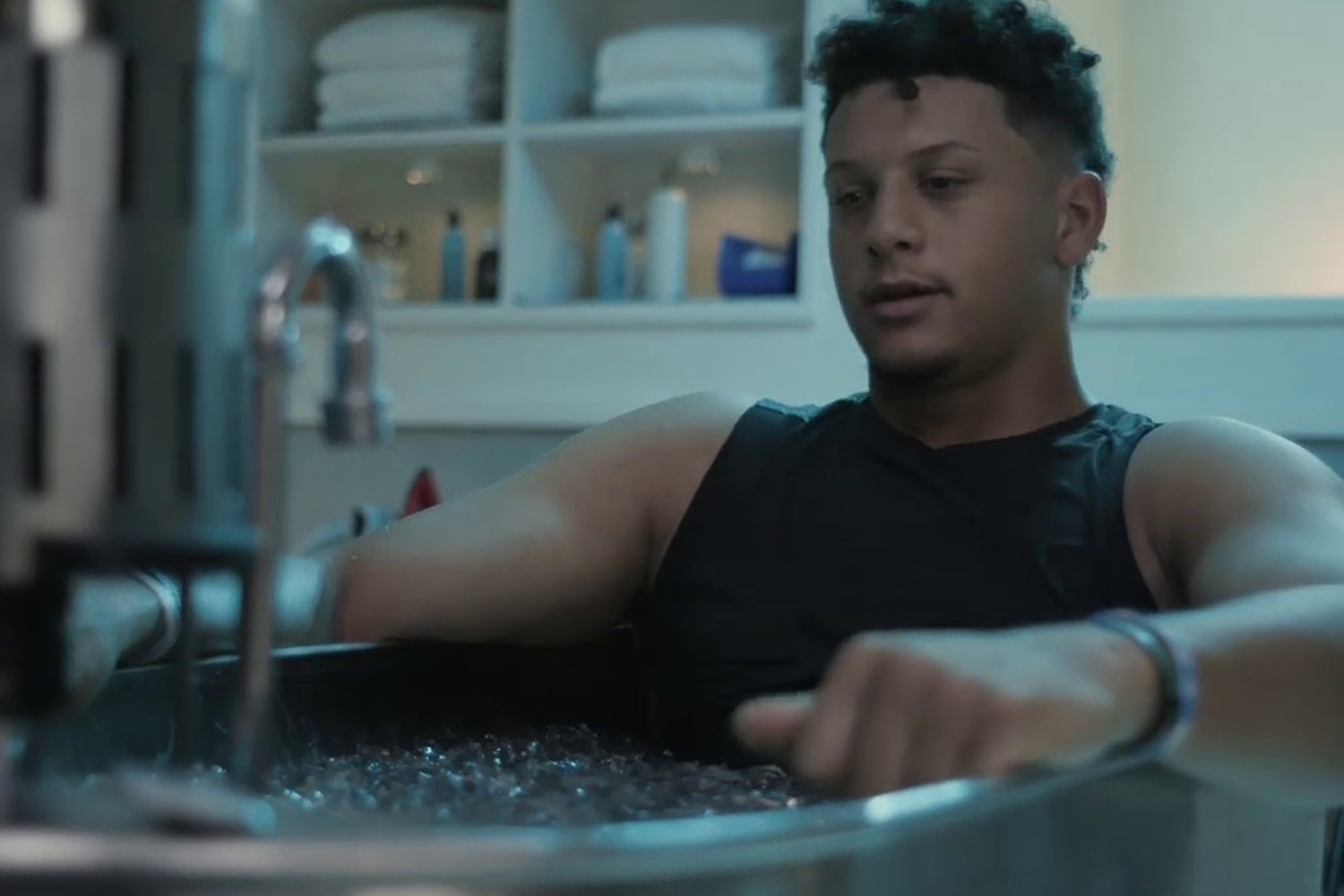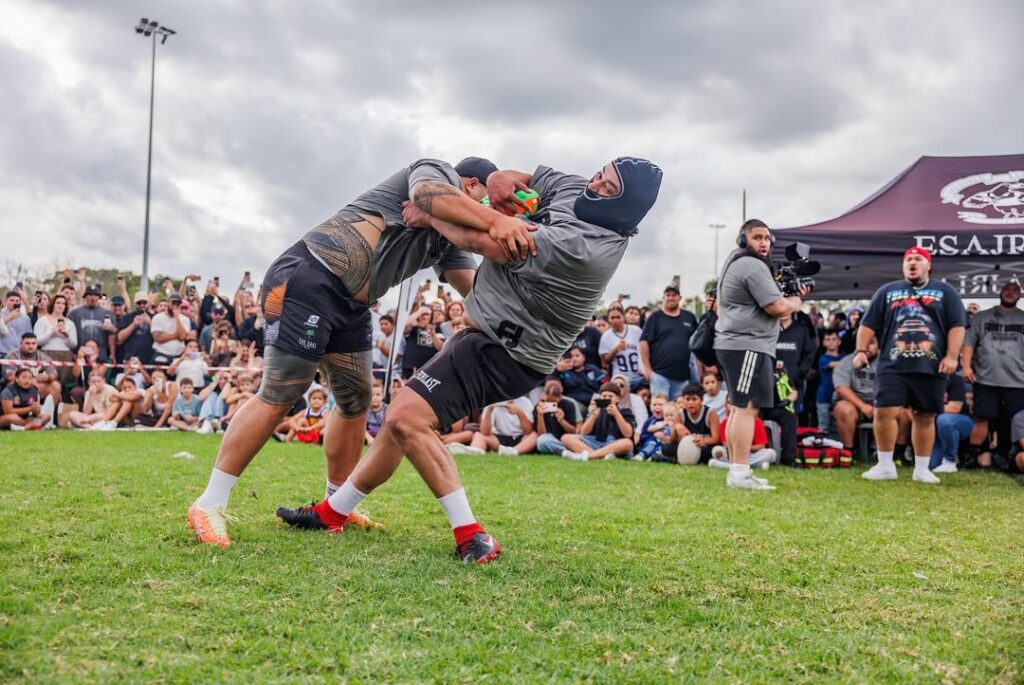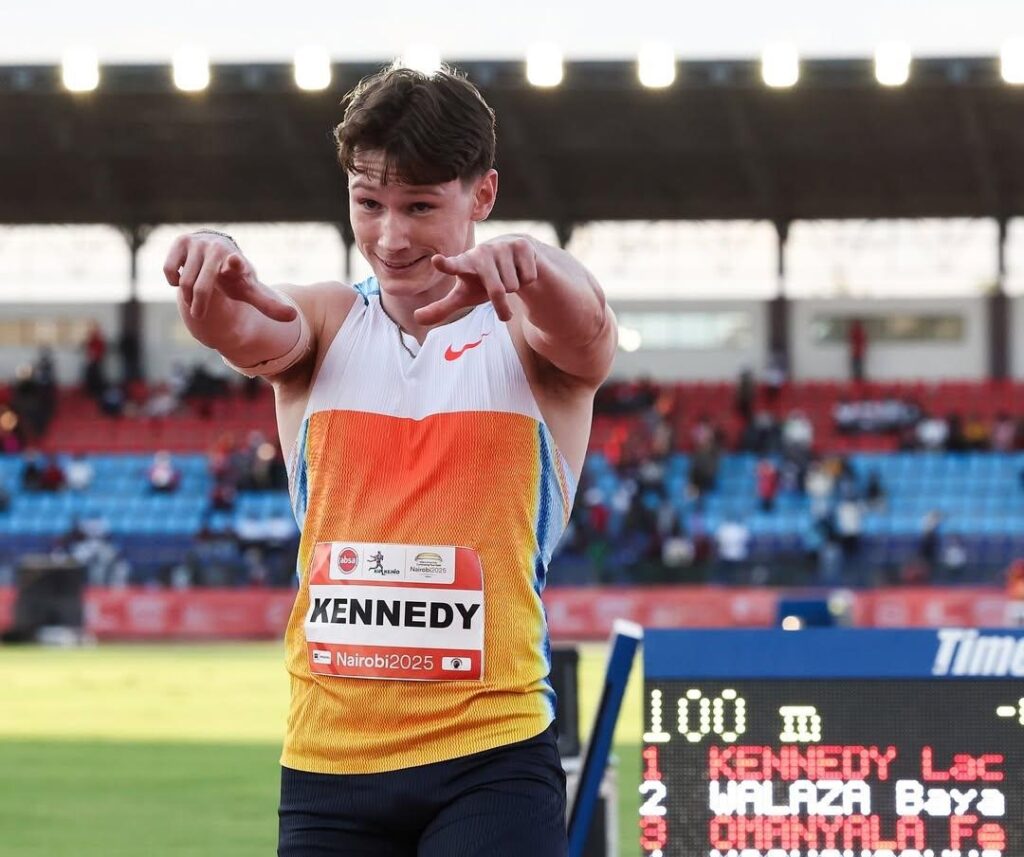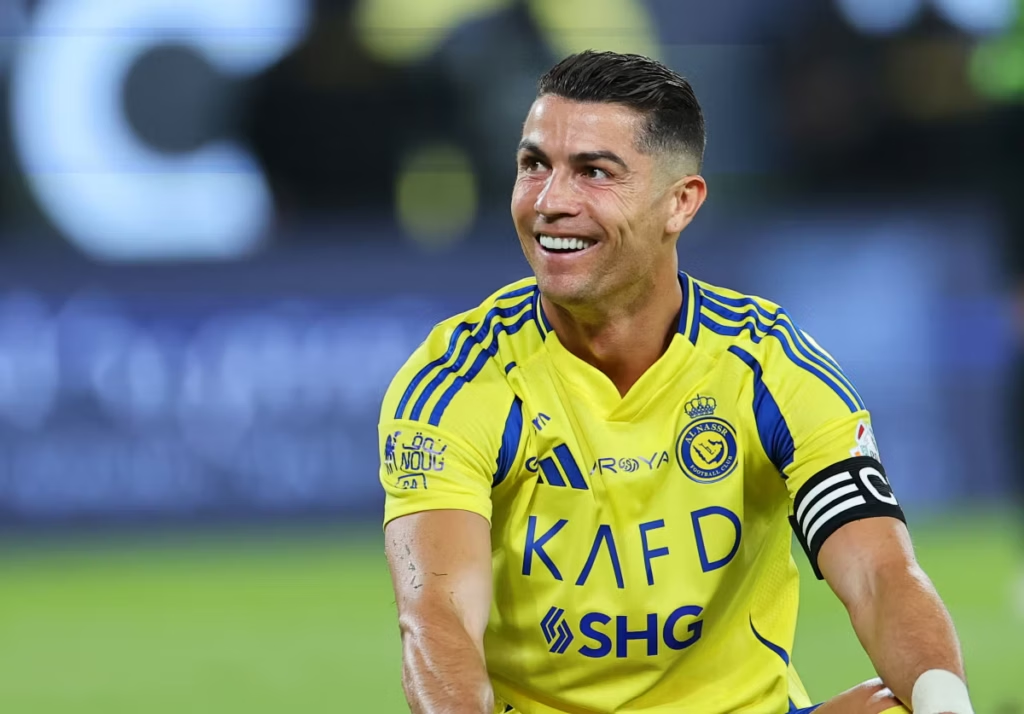WHEN ADAM SCOTT WON THE MASTERS, it was the culmination of a lifelong dream. After three days of tense competition at Georgia’s Augusta National Golf Club, Scott rolled in a 25-foot birdie on the 72nd hole amid a steady barrage of misty rain, carding a three under par for the final round, tying him with only Angel Cabrera of Argentina for the top honour, and bringing him on the verge of doing what no Australian had done before.
Scott’s 2013 campaign followed decades of Australian disappointment at The Masters. Greg Norman’s near misses have been dutifully chronicled, criticised, studied and criticised again by all observers, but the Shark wasn’t the only Australian to struggle at Augusta. “The Masters became this prickly thing for Australians because we hadn’t won it,” says Scott, during a chat with Men’s Health at a waterfront restaurant in Sydney’s scenic Rose Bay.
Scott is in town for the Australian Open and to celebrate the launch of Cancer Council’s new SPF50+ Hydrating Sunscreen for men, but he still remembers the enormous pressure felt by all Australians at The Masters in the years leading up to his 2013 campaign. “We had almost achieved everything in every other sport, but we hadn’t won The Masters.”
Seven Australians have finished second at The Masters over the years—including Scott, who finished second in 2011—and he felt the weight of expectations compounded by his predecessors’ close calls when he drew closer than any of them had. “For the 10 or 12 years I played there before winning, everyone was asking When is an Australian going to win? It really weighed on us,” Scott says.
Inseparable at nine under par, a playoff was required to break Scott and Cabrera’s deadlock. The difference between the pair remained negligible after a second attempt at the 18th hole, with both men scrambling for par following wayward approach shots. Then came a repeat of the tenth hole, affectionately nicknamed Camellia, in remembrance of the pink-hued flowers that once dotted the course in its days as a plant nursery. Those days were long gone, though. On this day, the course might as well have been a cauldron.
The pressure of the situation was palpable. For Scott, it was an opportunity to avenge years of unsuccessful Masters campaigns from Australian nearly-men and establish himself as one of his nation’s best ever golfers. For Cabrera, it was a shot at joining elite company as one of the few people to win The Masters on multiple occasions, having previously tasted victory in 2009.
Cabrera stepped up first. With a shot at a birdie, the Argentinian’s lengthy putt fell millimetres short of the mark, teetering precariously over the edge of the hole. He’d knock in the follow-up for par, but the stage was now set for Scott to seal his victory. In the fading autumnal light of that fateful April afternoon, Scott sank his final 15-foot putt, notching a birdie and securing the coveted green jacket once and for all.
WINNING THE MASTERS is not an experience Scott is likely to forget any time soon. “It really was dream-come-true kind of stuff,” he says, reflecting on his greatest achievement. “It’s an incredible feeling to achieve a childhood dream.”
Scott’s dream began more than 30 years ago, when the seed of belief was planted in a boy still learning the ropes of the sport on the Gold Coast. “I probably always believed it, even when I was only 12 or 13, and that was helpful,” he says.
Scott officially turned pro in 2000 at the age of 20, but by that time, he was already a member of the Golf Australia national squad and had twice won the Australian Boys’ Amateur. It didn’t take him long to make his mark on the pro circuit. “I think I finally realised I could make it once I played in some professional events while I was still an amateur and did okay,” he says. “That’s when I really knew, but I think even before that, I always believed it.”
Following his early success, Scott established himself as a force on the PGA tour. Over the next 12 years, he would finish in the top ten at eight majors, and on the podium on three occasions, but the top spot eluded him until that fateful day in 2013. Scott was by no means the oldest golfer to win The Masters—the inimitable Jack Nicklaus has that honour—but he acknowledges that in golf, the journey to the top is often longer than in other sports. “In some ways you mature later as a golfer, so you have to be persistent in pursuing that dream for a very long time,” he says.
If anything, the longer wait only made victory taste that much sweeter. “In other sports those childhood dreams can be fulfilled in your early 20s and your career could be over by the time you’re 25. Golf isn’t like that, and I think that’s why it has such a special meaning, because it took so long to get there.”
Once you’ve reached the heights Scott has, there’s a looming temptation to ease off the throttle, to rest on your laurels, and to reap the rewards of a lifetime of hard work. But to entertain or indulge that temptation invariably hastens the retreat from the pinnacle of the sport and the limelight it confers. Scott never let that temptation in the door.
There’s a twinge of grey in Scott’s hair nowadays, as well as a crease on his brow, but he has no intentions of slowing down. He’s showing no signs of doing so, either. A few days after his sit down with Men’s Health, Scott was on track to claim his first Australian Open title since 2009. A triple-bogey on the 16th hole would end his chances, and it’s now been three years since he’s won a PGA Tour event, but he’s proven his still capable of contending for silverware, and near misses won’t deter him. “In golf, we don’t win very often, so we get used to losing,” he says.
Strong showings at the Australian PGA Championship and Australian Open and a victory at the Cathedral Invitational have capped off a resurgent year for the 43-year-old, setting him up for what he believes will be a bumper year in 2024. But Scott’s after more than a late-career renaissance highlighted by some local tournament wins or the odd PGA tour victory. Instead, he’s targeting majors. “The three other major championships are what I would like to win.”
If he were to achieve it, Scott would enter elite company. Only five male golfers have completed the storied modern grand slam. That is, winning all four majors at some point in their career: Jack Nicklaus, Tiger Woods, Ben Hogan, Gary Player, and Gene Sarazen. “The ultimate dream, that I’m still dreaming, is to be the sixth,” Scott says. He’s not oblivious to his age though, and as he admits, “Reality starts setting in when you’ve been out here for 20 years.” Nevertheless, he’s going to give it all he’s got.

Getty Images | Asanka Ratnayake
ACCOMPANYING SCOTT’S RENEWED FOCUS on his goals is a more committed attitude to his health. Scott has partnered with Cancer Council, a role he feels uniquely qualified due to his own personal experiences. Twelve years ago, at just 31, he was diagnosed with a basal cell carcinoma, a type of skin cancer.
“It was a real wake-up call health wise for me,” he says. “I was a young man, still fairly healthy and yet I was dealing with skin cancer.” The diagnosis came as a shock, and while the cancer was safely removed, the experience changed the way Scott protects himself. “Ever since then my routine towards my health has really changed. I’ve been very diligent in making sure I protect my skin appropriately, especially being exposed to the sun so much playing golf.”
When the chance came to work with Cancer Council, Scott didn’t hesitate to get involved. “This opportunity was a natural move for me because of my experience and because of the platform of Cancer Council in promoting skin protection,” he says.
Cancer Council’s latest innovation, a hydrating SPF50+ Sunscreen for men, is what Scott envisions as the key to reaching a group of people that usually eschew the use of sun protection. “I think we men have this stubbornness and this ‘she’ll be right’ attitude on those things. But if you do that for 20 years, she won’t be right,” he says. “I feel like if I can at least reach the golfers, that would be great, but hopefully we’re going to reach a much broader population with this message.”

Adam Scott wants Cancer Council’s new SPF50+ hydrating sun screen to end the ‘she’ll be right’ attitude to skin protection.
AS HE APPROACHES two-and-a-half decades on the pro tour, Scott has had to change the way he eats and trains to manage his performance and stay on top of his game. “It’s part of the game. You’ve got to be healthy; you’ve got to be fit and you’ve got to be ‘golf strong’, whatever that means,” he says. “When you’re competing at the highest level, golf doesn’t really care what your age is. The ball doesn’t care. And the younger competitors certainly don’t care.”
It’s not easy to go stride for stride with the world’s best, especially when you’ve got more than a decade of seniority over most of them. Scott doesn’t pretend it’s easy. “It’s hard work and I think it definitely does get harder as you get older, but this is my passion,” he says. “This is really the only thing I know how to do and I love doing it still.”
Scott is clear-eyed and resolute on his path from here. “There are times where there are frustrations and I don’t get the results I want. But I’ve been through every cycle at this point,” he says. “I want to keep myself fit and healthy and achieve a couple more of those childhood dreams.”
That word again. Dreams. There’s a reason Scott keeps returning to them. Even at this point in an illustrious career, a competitor like Scott never stops chasing them, never stops believing he can achieve them. Never stops… “I don’t know if I ever see myself retiring,” he says. “But playing less… maybe.”

Getty Images | Andy Cheung













